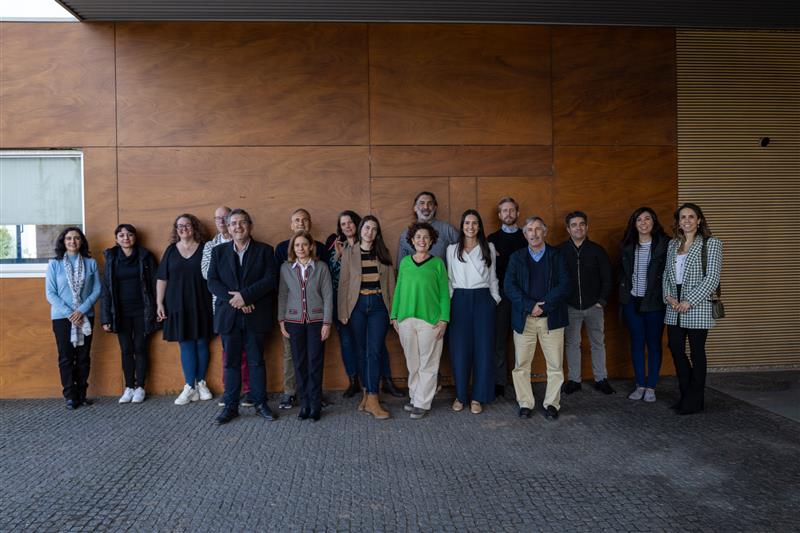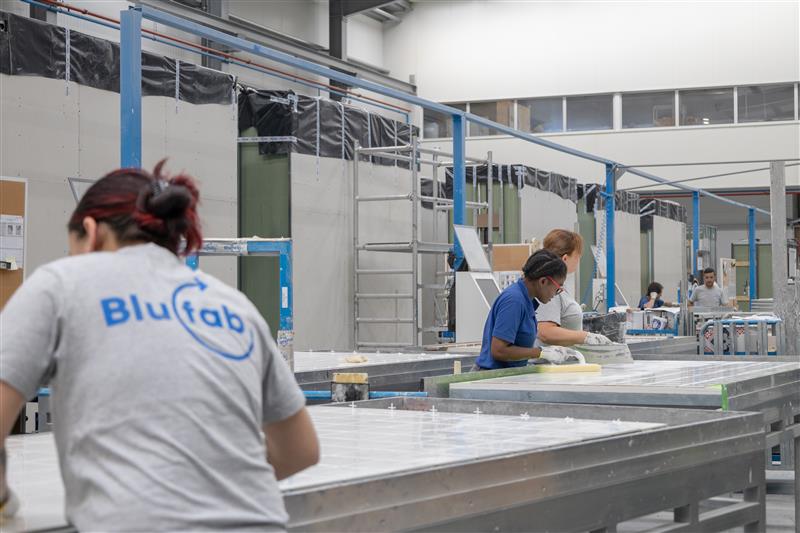According to the European Commission, micro-credentials are qualifications that certify learning outcomes resulting from short–term learning experiences, courses or modules and can therefore be obtained by people in various modalities: face-to-face, online or blended learning.
The EC points out that these new forms of accreditation translate into a form of learning that is “extremely flexible and inclusive” because they allow the acquisition of competences suited to different profiles and needs.
Such short-term qualifications will be useful, for example, for those who want to supplement their knowledge or for those who want to retrain, looking for a new position in the labour market, and therefore facilitates the mobility of professionals. The philosophy behind this practice is that of lifelong learning, in which people are able to find new opportunities for growth by obtaining these qualifications.
Diversified offers are beginning to emerge from universities to guarantee this support for the labour market and the upskilling and reskilling needs of professionals, with the provision of accredited courses focused on specific skills and competences. To highlight some examples from Portugal, there is the University of Minho’s “Postgraduate Alliance – Skills for the Future” project, in which Casais is a partner, along with more than 80 companies. The University of Aveiro and Universidade Aberta (Open University) also offer training in the context of micro-credentials, to bolster the training offered in this area.
As far as technical training is concerned, work is also being done to revise the National Qualifications Catalogue in Portugal with the introduction of units of competence, in response to the challenge to develop and integrate short-term training units into existing qualifications. thus enabling people to accumulate credits throughout their process of lifelong learning, thereby giving them the opportunity to obtain a full qualification at a later date.
There has been an effort on the part of both training providers and schools, as well as on the part of companies, to ensure that this does in fact occur. Partnerships have therefore emerged to strengthen and speed up these types of projects, making certifications faster, more effective and more practical, as a means to respond to the rapid changes in the labour market and business sectors.
Casais is a member of the Green Circle project, which aims to:
- Identify, develop, test and evaluate the use of micro-credits in the construction sector to achieve a green transition;
- Act as a catalyst for a wider transformation in which micro-credentials become an accepted part of the employment landscape and a solution to skills upgrading needs; and
- Use technology as a way of increasing the skills levels of the workforce, providing appropriate skills for rapidly changing labour markets, and equipping the current and future workforce with the creativity and skills to cope with the growing complexity of environmental and social challenges they face.

We are part of a group of 11 partners from four European Union countries (Portugal, Spain, Germany and Greece), that brings together a range of stakeholders selected from each country, with objective of achieving the following by 2026:
- Producing a report with analysis of a Green Skills micro-credentialing ecosystem;
- Reporting proposing a sustainable model Green Skills micro-credentialing in the construction sector;
- Producing a report analysing the provision of micro-credentials and quality assurance for a Green Skills micro-credentialing ecosystem in the construction sector; and
- Devising eight educational/training modules related to Green Skills development in the construction sector in the form of Open Educational Resources.
2024 was the first year of the project, and featured a series of initiatives:
- The project kick-off meeting, organised by the partners in Portugal and held on 1 and 2 February 2024 at the Casais Group headquarters in Braga, was attended by 17 people from the various partners in the four countries;
- Events to disseminate the project, the first of which was part of the programme of Greenfest, the largest sustainability event in Portugal, with a presentation on 27 September 2024 to around 30 participants, and a series of three more online events promoted by the partners in Portugal (Casais, Ciccopn and Tecminho) are planned for the rest of the year; and
- Focus group meetings, the first of which was held on 30 September 2024, with the second scheduled for 7 November 2024.
More information about the project can be found here: https://green-circle.eu/
Author: Ana Dias Ribeiro
Position: Business Manager

